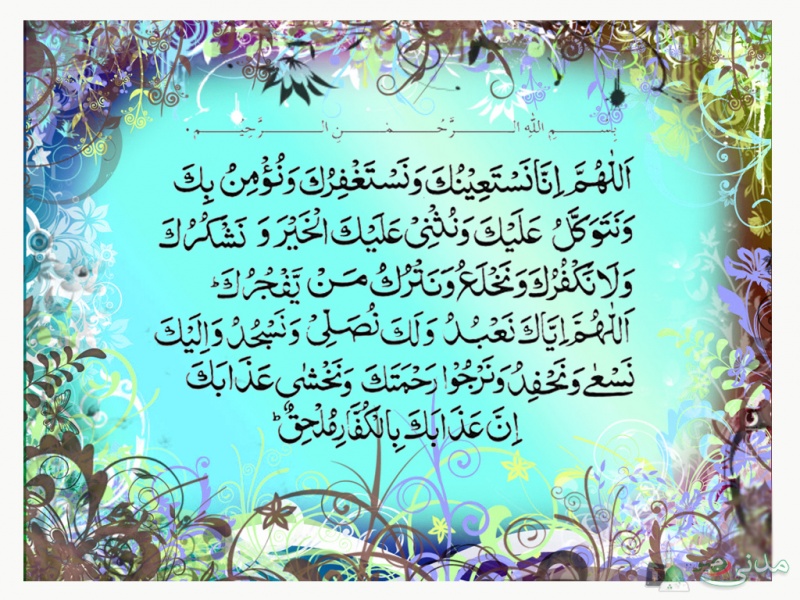

However, it is more understood to be a special du'a which is recited during the prayer. Qunut has many linguistic meanings, such as humility, obedience and devotion. The word duʿā' ( Arabic: دعاء) is Arabic for supplication, so the longer phrase duʿā' qunūt is sometimes used. " Qunūt" ( Arabic: القنوت) literally means "being obedient" or "the act of standing" in Classical Arabic. It does not store any personal data." Qunut" is a supplication type of prayer made while standing in Islam. The cookie is set by the GDPR Cookie Consent plugin and is used to store whether or not user has consented to the use of cookies. The cookie is used to store the user consent for the cookies in the category "Performance". This cookie is set by GDPR Cookie Consent plugin. The cookie is used to store the user consent for the cookies in the category "Other. The cookies is used to store the user consent for the cookies in the category "Necessary". The cookie is set by GDPR cookie consent to record the user consent for the cookies in the category "Functional". The cookie is used to store the user consent for the cookies in the category "Analytics". These cookies ensure basic functionalities and security features of the website, anonymously. Necessary cookies are absolutely essential for the website to function properly. Lovers don’t dare displeasure their Beloved. Servants avoid the displeasure of their Masters. It is something Allah dislikes, but He will not punish you for it.

Note, however, that doing something “somewhat disliked” is not “okay”. It is an established principle of fiqh that rules deduced by analogy from exceptions analogy (qiyas) may be used only with normal cases.Īlso, in this case would saying “Ameen” out loud be Makruh? (tahriman/tanzihi?) He only did the qunut for a calamity, and only in the fajr prayer, and this is considered something exceptional. As such, one would not even say amin here, for it is not established that the Prophet (Allah bless him and give him peace) did so. There is no qunut in any other prayer, or in the fajr prayer if it is not for a calamity. In such a qunut, only, one would say amin quietly (without raising one’s voice). The Qunut al-Nazila (calamity supplication) is only performed in the fajr prayer, after the ruku, ideally without raising one’s hands.


 0 kommentar(er)
0 kommentar(er)
